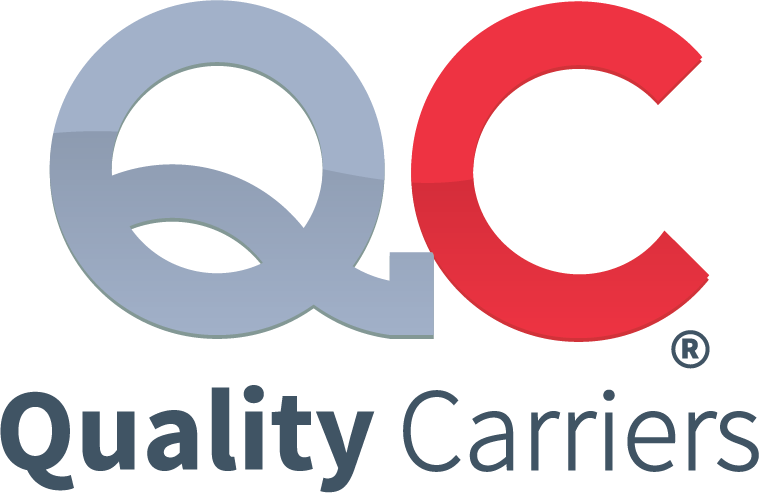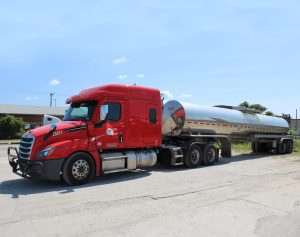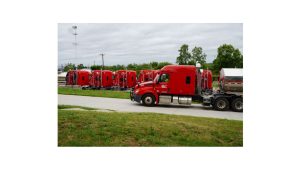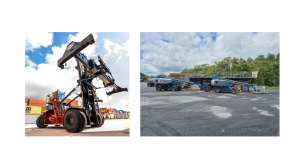The trucking industry offers plenty of growth opportunities, and being a truck owner-operator can be one of the most rewarding paths in this business. Many truckers dream of owning their rig and having the freedom to work on their terms. But how successful are truck owner-operators, and what does it take to thrive in owner-operator trucking?
Let’s break it down.
What Does It Mean to Be a Truck Owner Operator?
A truck owner-operator is a driver who owns their vehicle and runs their business. This means handling everything from selecting loads, managing expenses, and maintaining their truck. Owner-operator trucking allows drivers to choose their schedules and loads, but it also brings a lot of responsibility.
There are two main paths for truck owner-operators:
- Leasing onto a carrier: This involves working under a larger company’s authority. The carrier handles some logistics, and the owner-operator focuses on driving.
- Operating under their authority: The owner-operator handles everything, from finding loads to managing compliance.
How Much Do Truck Owner Operators Make?

Truck owner-operators can earn a significant income, but earnings differ based on several factors, such as the type of freight they haul, the distance driven, and market demand. On average, truck owner-operators earn between $100,000 and $200,000 per year.
Specialized trucking, like hauling tankers or refrigerated goods, can increase that number.
However, it’s important to note that gross earnings don’t equal profit. Trucking involves many expenses, including fuel, insurance, and truck maintenance. After these costs, owner-operators typically take home between $45,000 and $85,000 annually.
The Challenges of Being a Truck Owner-Operator
While the income potential is high, owner-operator trucking has its challenges. One of the biggest is managing expenses. The cost of fuel, insurance, and repairs can quickly add up. For example, fuel alone is often a truck owner-operator’s most significant expense and can fluctuate with market conditions.
Work-life balance can also be tricky. Many owner-operators spend long stretches away from home, often working long hours to maximize profitability. This lifestyle can be demanding for both the trucker and their family.
The trucking market itself can be unpredictable. Rates can change depending on fuel prices, demand, and even the time of year, impacting how much an owner-operator can earn.
Keys to Success for Owner-Operators
Success in owner-operator trucking comes down to a few essential factors:
- Smart Load Selection: Picking the suitable loads is critical. Loads that pay well, are lighter in weight, and don’t require out-of-route miles can maximize profit.
- Efficiency: Maximizing miles driven while reducing downtime is essential. It includes minimizing deadhead miles (driving without freight) and reducing idle time.
- Business Skills: Being a successful owner-operator means running your truck like a business. It includes tracking expenses, tax planning, and negotiating rates to ensure profitability.
Is Being an Owner Operator Worth It?
Becoming a truck owner-operator is a big decision, but the rewards outweigh the risks for many. You have the possibility to earn a substantial income, gain independence, and even grow your business into a small fleet. However, it’s essential to go in with your eyes open. The financial risks are real, and the lifestyle can be demanding.
Owner-operator trucking can be an enriching career for those with strong business skills and a willingness to work hard.
Ready to Become a Successful Truck Owner-Operator?
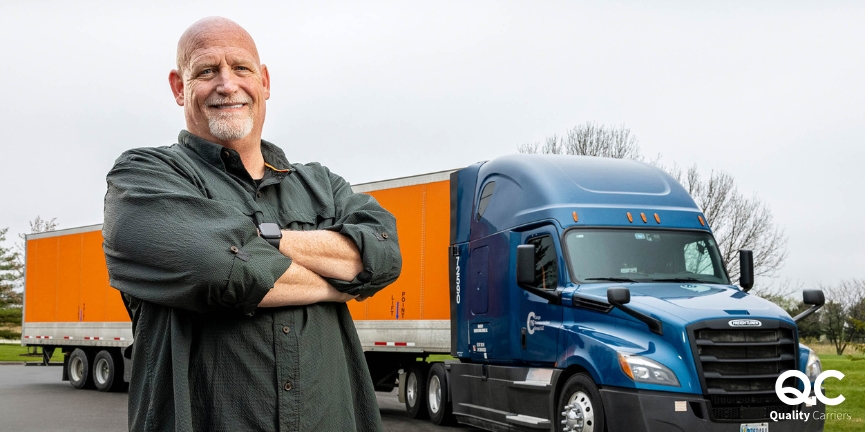
Owning your truck and running a business comes with challenges and rewards. If you’re considering becoming a truck owner-operator, assessing your readiness for the job’s demands is essential. You can make owner-operator trucking a profitable venture with the right strategies, tools, and support.
Are you interested in taking the next step in your trucking career? Contact Quality Carriers to learn more about how we can support owner-operators on the road to success.
Frequently Asked Questions
Leasing onto a carrier offers several benefits, such as reduced administrative burdens. The carrier typically provides load boards and dispatch services and handles back-office tasks like billing and payment collection. This allows owner-operators to focus more on driving while still enjoying some of the benefits of being independent.
While owner-operators can earn more than company drivers, they also take on more risk. These risks include fluctuating fuel prices, truck breakdowns, and market volatility. Additionally, the responsibility for securing consistent loads and managing business expenses falls entirely on the owner-operator.
Specialized freight, such as tanker, flatbed, and refrigerated (reefer) loads, is often the most profitable. These types of freight typically require more skill and equipment but pay higher rates due to the specialized nature of the loads and the equipment involved.
